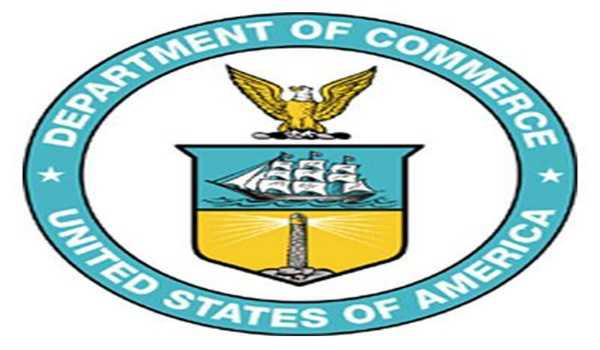- Web Desk
- 9 Hours ago
US imposes export curbs on 70 Firms, including Pakistan’s
-

- Reuters
- Mar 26, 2025

WASHINGTON: The United States (US) has imposed export restrictions on a total of seventy companies from Pakistan, China, and eight other nations.
The US added six subsidiaries of Inspur Group, China’s leading cloud computing and big data service provider, and dozens of other Chinese entities to its export restriction list on Tuesday.
The Inspur units are among about 80 companies and institutes added to the export control list on Tuesday. Over 50 are based in China. Others are in Taiwan, Iran, Pakistan, South Africa and the United Arab Emirates.
The Inspur units were listed for contributing to the development of supercomputers for the Chinese military, the Commerce Department said in a posting. Five of the subsidiaries are based in China and one in Taiwan. Inspur Group itself was placed on the list in 2023.
As a consequence, American companies are now prohibited from engaging in business with the affected firms, complicating their access to US technologies.
The listings are intended to restrict China’s ability to develop high-performance computing capabilities, quantum technologies and advanced AI, and impede China’s development of its hypersonic weapons program.
“We will not allow adversaries to exploit American technology to bolster their own militaries and threaten American lives,” Commerce Secretary Howard Lutnick said.
Among those impacted are 19 companies from Pakistan, 42 from China, and 4 from the United Arab Emirates.
Additionally, firms from Iran, France, the UK, Africa, and Senegal have also fallen under these restrictions.
US bipartisan bill on Pakistan urges human rights protection, Imran Khan’s release
The US government asserted that the organizations targeted by these sanctions are operating in ways that contradict American national security and foreign policy interests.
China’s foreign ministry, in response to an inquiry on Wednesday, condemned the US move and said the country will take necessary measures to safeguard the legitimate rights and interests of Chinese enterprises.
The Chinese embassy in Washington said on Tuesday it firmly opposed “these acts taken by the US and demand that it immediately stop using military-related issues as pretexts to politicise, instrumentalise, and weaponise trade and tech issues.”
The Inspur Group did not immediately respond to a request for comment.
The US also seeks to disrupt Iran’s procurement of drones and related defense items and to prevent the development of its ballistic missile program and unsafeguarded nuclear activities.
The government adds companies to the Commerce Department’s Entity List for national security or foreign policy concerns. Companies cannot sell goods to those listed without applying for and obtaining licenses, which are likely to be denied.
Commerce official Jeffrey Kessler said the administration aims to prevent “U.S. technologies and goods from being misused for high-performance computing, hypersonic missiles, military aircraft training, and UAVs (drones) that threaten our national security.”
When Inspur Group was placed on the list in 2023, executives from AMD and Nvidia were questioned about their dealings with the company. At the time, chip industry insiders and their advisers said firms were trying to assess whether they had to halt supplying Inspur’s subsidiaries. Reuters could not immediately determine whether the U.S. companies continued to do business with the subsidiaries.
Nvidia declined to comment, and AMD did not immediately respond to a request for comment.
Chinese firms Nettrix Information Industry Co, Suma Technology Co and Suma-USI Electronics are among the other companies added to the list. The U.S. said they were added for helping develop Chinese exascale supercomputers, which can process vast amounts of data at very high speeds and conduct large-scale simulations.
Other companies were added to the list for acquiring US-origin items to advance China’s quantum technology capabilities, and for selling products to companies that supply other listed parties, including Huawei, the tech conglomerate viewed as at the center of China’s AI ambitions.
The Beijing Academy of Artificial Intelligence (BAAI), a Chinese non-profit new research and development institution that was also targeted by the US, said on Wednesday that it was shocked and demanded relevant US departments to withdraw the “wrong” decision.




